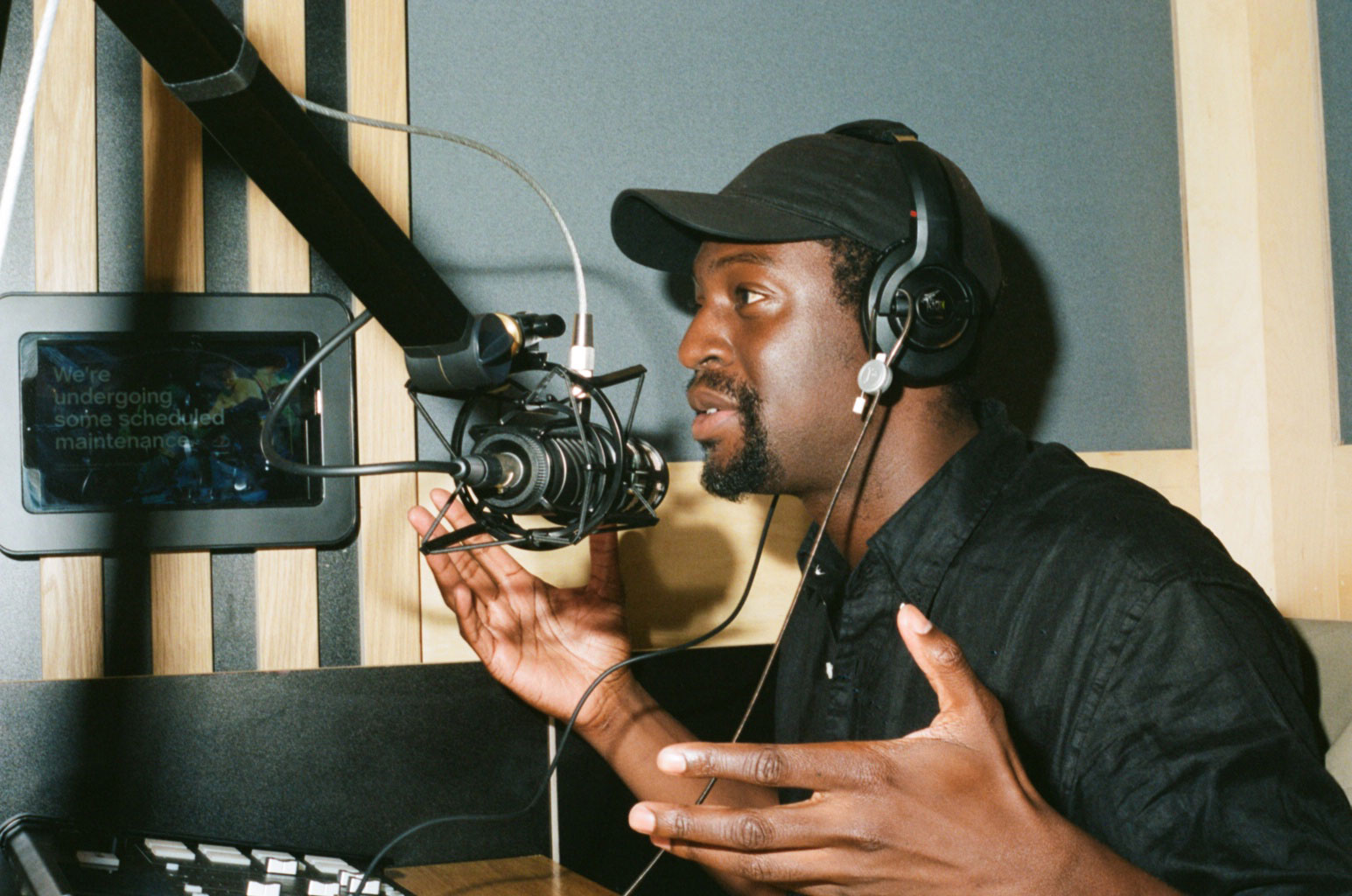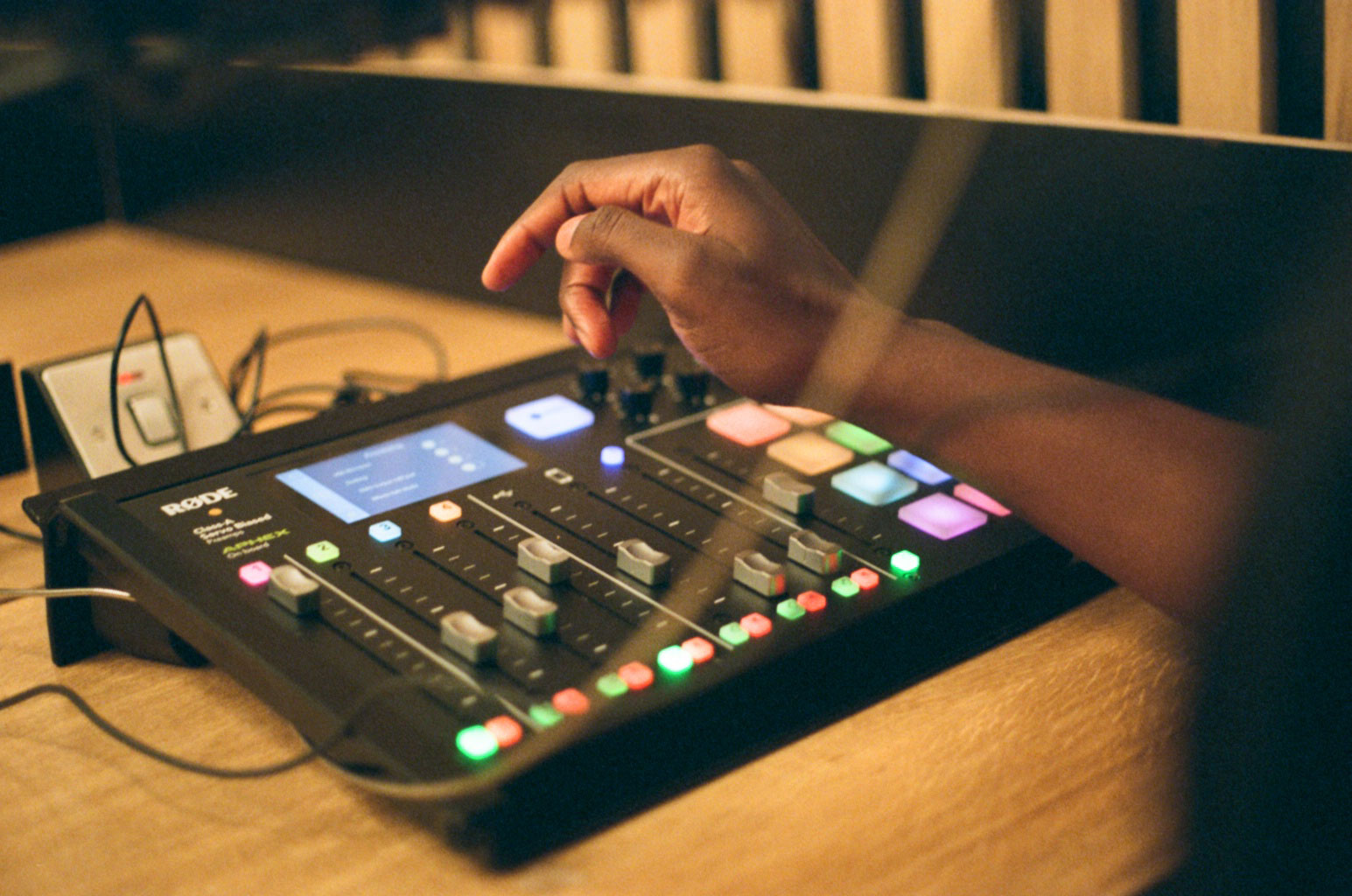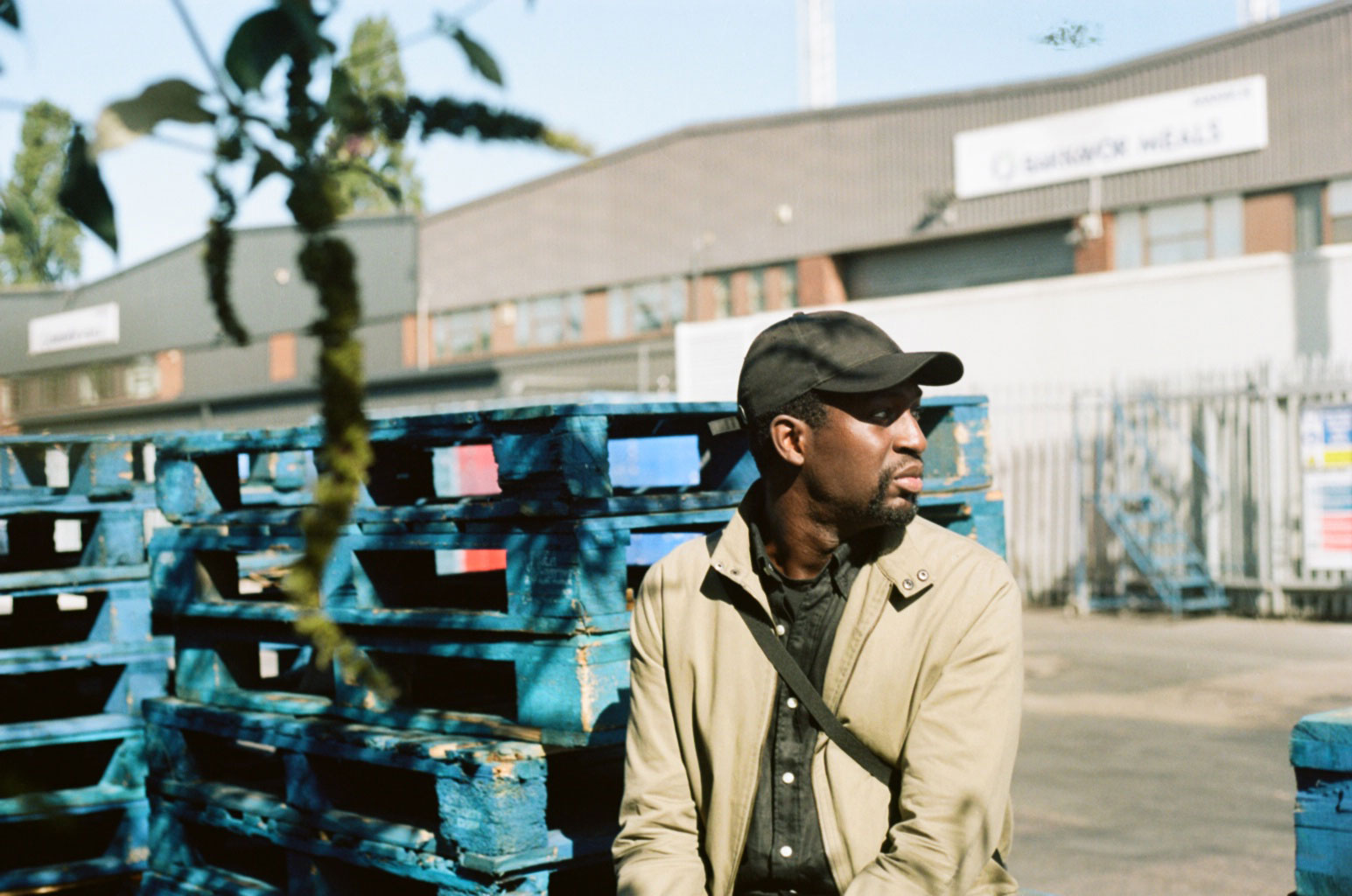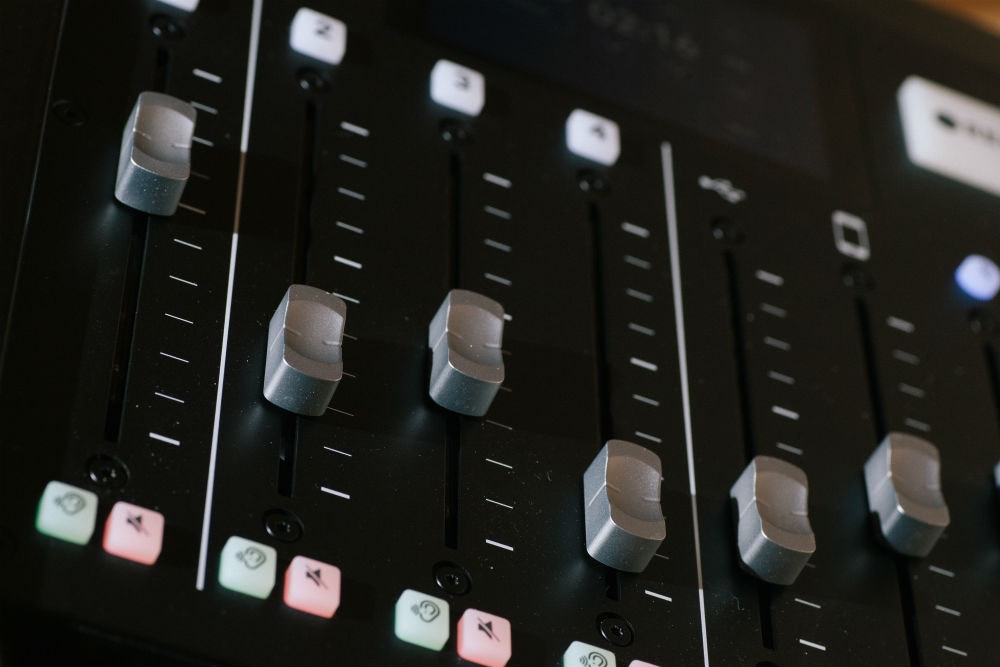
■ Features
In September, I reached episode 100 of my podcast Time To Talk with Alex Holmes. The podcast has changed a lot since I started it in 2018 - in name, in intention and quality. I spend an hour or so a week speaking to inspirational and interesting people about their lives, venturing through the themes of mental health awareness, positive masculinity, optimism and books.
Since I decided to launch a podcast in 2015 there have been many changes in the industry and the way that independent podcasters create content. There are now over a million podcasts in the world, compared to the hundreds of thousands that were around when I began recording.
So I have pulled together seven tips for starting a podcast, based on what I’ve learned since starting my podcast and reaching the grand old 100, and what I hope to see in the future (and the next 100!).

When I decided to start recording with my friends in 2015, I had no idea what I was doing. The general fear and mild anxiety of sitting in front of a microphone and having your voice recorded to then be transmitted across the internet was creeping upon us. Besides that, we didn’t know what a podcast was - a radio show? Similar to YouTube? Ultimately, we had no clue what we were doing, and where it would go - and that is okay. We just opened our laptops, began planning and decided to just start.
Before 2015, I looked at podcasting as the most expensive hobby. Mics were costing hundreds of pounds, not to mention mic stands, sound recorders, cables and computers needed to create a great show. All of this is unhelpful. All of the YouTube videos about ‘How To Start A Podcast’, or How to Publish a Podcast' confuse things a lot of the time - and it overwhelmed me a lot.
So, I slowly came round to the idea that I didn’t need those things immediately. Finding a good studio space like Pirate is an important part of the podcasting journey in 2020, as many studios are becoming much more affordable to hire out to create an amazing audio show.
But you don’t always have to go to a studio. You can get affordable USB mics nowadays that can easily be plugged into the computer to record audio files, and you can download audio recorders like Audacity. Either way, it doesn’t have to be so expensive that you don’t begin creating your podcast.

When you choose a topic, think about what message you want to give to your podcast listeners. It becomes easier to execute the content, and as such it opens you up to do more within your niche. For example, if you want to start a cooking podcast, focus on what exactly about cooking you want to speak about. Home recipes from your grandmother? Traditional recipes from a region?
There are so many avenues, but focus your content and your plans become easier to execute.
Collaboration is important! Reach out to other podcasters, content creators and people who have the expertise you lack. When you start a podcast, it can become difficult to create and continue to put out meaningful content - but remember you are not alone. There are millions of podcasts in the world now, and there will always be someone to work with that you can support with their content and that can support you with yours. Reach out. You might be surprised.
Try to be as consistent as possible to keep the trust of your listeners and not confuse them along the way. This was difficult for me at the beginning. I have changed the direction and focus of my podcast many times, but I am still sure to keep the episodes coming out weekly. If you have seasons, be as consistent as possible - but don’t put too much pressure on yourself. Your listeners will respect you for whatever you choose as long as you maintain consistency and try your best to improve on the last.

There will be days where it is difficult to find a source of creation. Days where the edit doesn’t quite feel right. Days where you lose the audio (IT’S A PAIN). Days where the episode just doesn’t sound quite right. And in all of those moments...it will all be fine. Keep your head up.
Maintaining a podcast is hard work. It can sometimes feel like a slog but remember that when you are creating your show - have as much fun as possible. The moment something becomes hard work, and you don’t enjoy it, the audience will be able to hear it. When your heart isn’t in the project, it might be difficult to continue. Take some time. Have a break. But always make sure that you have fun doing what you do.
